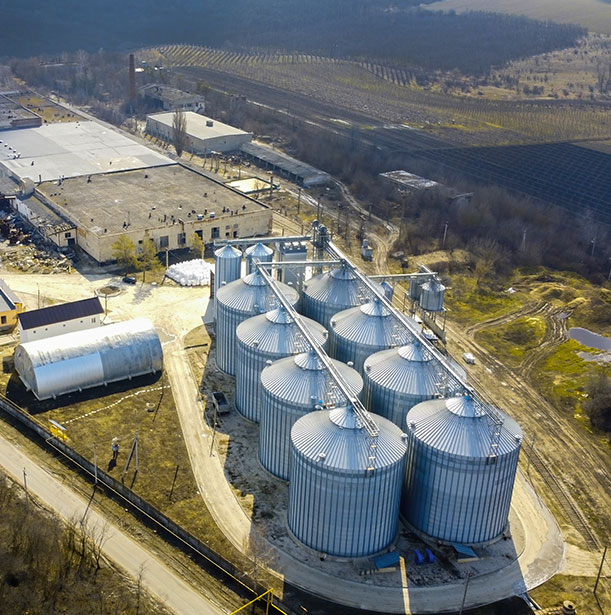Green Technology
What is Biogas
Biogas is a natural gaseous fuel.
It is obtained through anaerobic digestion, as a product of the fermentation of substances of organic origin, both animal and vegetable, by bacteria that live in the absence of oxygen, inside specific digesters The gas obtained from this fermentation can be transformed, through cogeneration plants, into electricity and thermal energy, or used directly to replace the methane from vehicles to power means of transport. It is completely ecological. Obtained from residues from breeding farms (slurry, manure and feed scraps), food production (fruit and vegetable leftovers, remnants of meat, fish and milk processing, leftovers from beer manufacturing, food scraps, etc.) and waste-water from industrial and municipal purifiers, it is an excellent solution for the disposal of organic waste

What is Bio Hydrogen
Waste to hydrogen production. The process creates value out of waste. It is a self-sustainable thermal conversion treatment of organic waste, including plastics, which breaks down the waste matter and extracts the hydrogen they contain. The conversion system addresses the need for decentralized clean energy production for the Energy Smart Grid as well as the growing worldwide need for a source of green, renewable hydrogen for the clean mobility applications. Since it is not incineration, the process does not create or emit hazardous chemical and, unlike conventional gasification solutions, it produces no tar.
One ton per day biomass feedstock yields 50 kg hydrogen per day which can 12 Fuel cell Vehicle full tanks or 40 kw integrated solid Oxide Fuel Cell
BioMethanoloMethanol is one of the most widely produced chemicals on earth.It can be used in thousands of everyday products, including plastics, paints,cosmetics and fuels.Like other compounds or materials, methanol is classified according to the degree of sustainability of its production process. Green methanol may be bio-methanol produced from biomass or e-methanol produced from green hydrogen, captured CO2 and renewable electricity. Both ways may be considered as enabling neutral life-cycle carbon dioxide emissions.
Green methanol takes the lead in transportation & shipping industries to help reduce carbon emissions. And serving as an important supplement to new energy vehicles. As the world’s first methanol hybrid car, Emgrand is equipped with 1.8L alcohol-electric hybrid engine & hybrid electric drive. Similarly, with increasing pressure on ships to reduce emissions, orders for methanol-powered ships have also set off a boom in the market. Many shipping companies, like Maersk, COSCO, CMA CGM, etc., have chosen green methanol as an alternative fuel.
